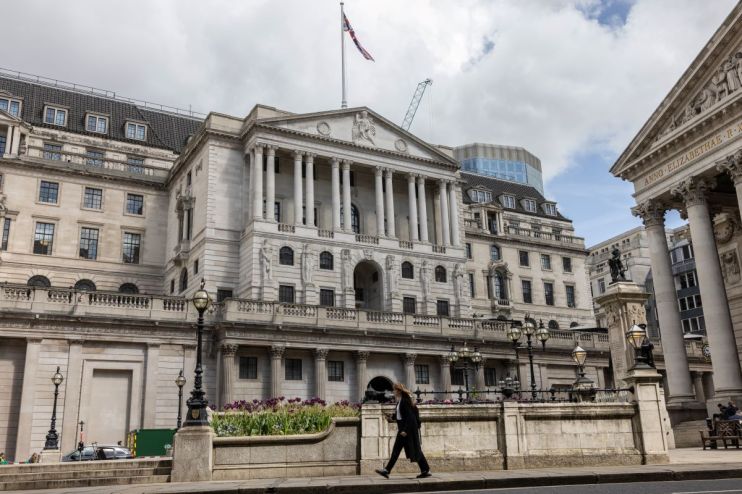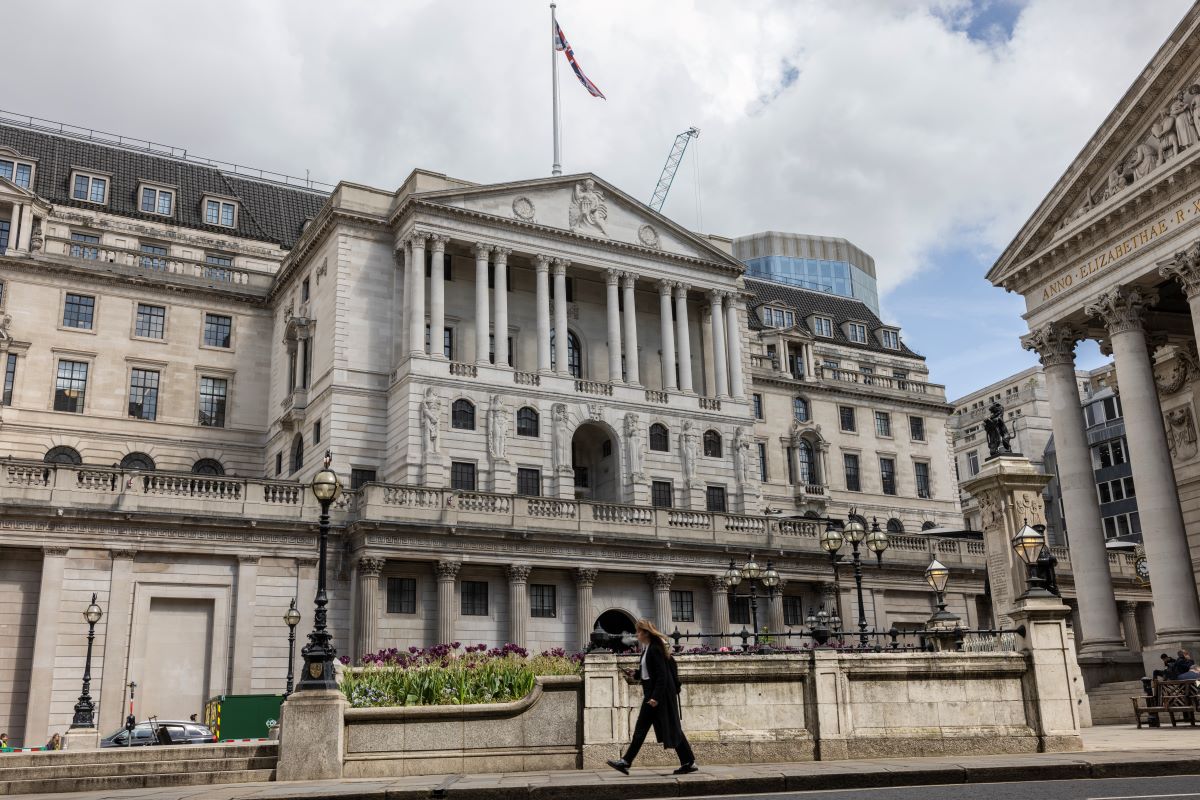Friday 12 September 2025 3:17 pm
 The Bank of England is set to hold interest rates at its decision next week.
The Bank of England is set to hold interest rates at its decision next week.
Interest rate cuts are unlikely to take place this year, according to some of the most dovish forecasters, with City analysts split on where they will settle given the UK’s battle against high inflation and low growth.
The Bank of England is set to hold its next monetary policy committee (MPC) meeting next week, a day after inflation data for the month of August is published by the Office for National Statistics (ONS).
Markets and economists widely expect the Bank to hold interest rates at four per cent, with further holding votes expected to come in November and mid-December.
But analysts are split on whether cuts are set to come next year at all, with an increasing number of economists revising down the number of cuts they expect to be made in the nearer term.
Pantheon Macroeconomics have long predicted that interest rates will remain at four per cent for the next year given the Bank’s difficulty in bringing inflation down to its target of two per cent.
HSBC also believe rates will be kept on hold at the Bank’s next four meetings while Deutsche Bank now believe interest rates will only be cut in December rather than November.
Interest rate policymakers are less sure that inflation is falling
Capital Economics, however, believe interest rates will fall to three per cent though its prediction could be swayed by the reading on the minutes and the split in the MPC.
Its chief economist Paul Dales has suggested that, should either Alan Taylor or Swati Dhingra vote for a hold to interest rates next week, it would represent “another hawkish development”.
“The MPC has been cutting rates every other meeting since August 2024, it cut rates at its previous meeting and there hasn’t been any developments that would prompt it to speed up.
“We suspect the forward guidance will remain the same with the MPC stating that rate cuts will be ‘gradual and careful’.”
The Bank’s latest monetary policy report predicted inflation to soar as high as four per cent in September due to high food price growth and regulated energy costs.
The latest reading showed consumer prices index (CPI) inflation climbing to 3.8 per cent over July.
EY ITEM Club’s Matt Swannell said it was “evident” most of the MPC were becoming less sure that the inflation rate was falling.
“The key question will be whether the MPC adjusts its current guidance to provide a clearer steer that interest rates will remain where they are for the rest of the year,” Swannell said.
“The MPC has suggested that it has little confidence in its near-term forecasts, so the Committee’s guidance will likely remain relatively non-committal
He said the November and December decisions may be “closer calls” given Bank officials will have to consider the impacts of Chancellor Rachel Reeves’ Budget on price growth.
High inflation is also expected to play a bigger role in the Bank’s decision-making despite low growth, with the ONS revealing on Friday there was no growth in the UK economy in July.
“Recent data has strengthened the hawks’ case that disinflation is slowing, and that rates need to remain restrictive into next year,” said RSM economist Thomas Pugh, who predicted a 7-2 vote split in favour of a hold at next Thursday’s meeting.

Share
Facebook Share on Facebook
X Share on Twitter
LinkedIn Share on LinkedIn
WhatsApp Share on WhatsApp
Email Share on Email